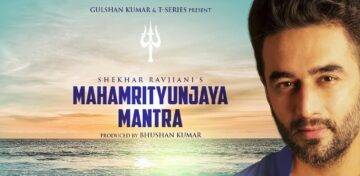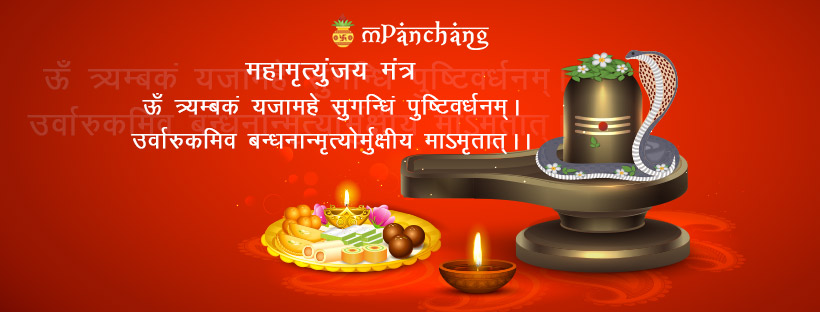

This Omkara is known as maha-vakya, or the supreme sound. It is the sound representative of Lord Krishna. Om: It is the primordial sound which represents the higher forces.

The presentation of detailed meaning of Mahamrityunjaya mantra is as follows: That portion is said to have been composed by Maharishi Vashishtha. The third story relates to the portion of Rigveda in which it is found. Lord Shiva revealed this mantra to him as Sanjeevani Vidya or the art of resurrection. The second story is associated with Shukracharya, the spiritual master of the demons. An astrologer told his father about the premature death of his child and he advised his child to worship Lord Shiva and this mantra was then revealed unto him. One story is associated with Rishi Markandeya, the son of sage Mrikandu. There are three interesting stories associated with the origin of Mahamrityunjaya mantra. This prayer to Lord Shiva is a representation of surrender unto him to protect the devotee from untimely death due to misfortune. He is the presiding deity of the mode of ignorance in the material creation and takes care of the dull headed people, who are averse to worshipping the personal aspect of supreme personality of godhead. The Mahamrityunjaya mantra is representative of the fervent prayers made to Lord Shiva, who is death of the death personified. Swaha bhuva bhur Om saha joom hyau Om Representation of Mahamrityunjaya Mantra Mrityurmukshiya mamtritaat Mahamrityunjaya Mantra Sri Suktam (RV appendices) Bharatavarsha - The Land of Gods and Sages:ĥ.The Mahamrityunjaya mantra is formed after completing the Mrityunjaya mantra with bija, kilaka and shakti mantras and the three vyahrtis of Brahma Gayatri mantra as per Shiva Purana and Markandeya Purana.Saraswati Mantras (Rig Veda 1.3.10 to 1.3.12).Ganapati Atharvashirsha (Ganapati Upanishad).Ambhasyapare Bhuvanasya Madhye (Mahanarayana Upanishad 1.1).Om Dyauha Shantirantariksha Shantihi Vedic Suktas / Mantras:.Mantras from Vedas & Upanishads: Shanti Mantras:

This is the event behind Somanatha Jyotirlinga (Shiva Purana - Koti Rudra Samhita - 14). This is a very powerful mantra which Lord Brahma had suggested Chandradeva to recite.


 0 kommentar(er)
0 kommentar(er)
